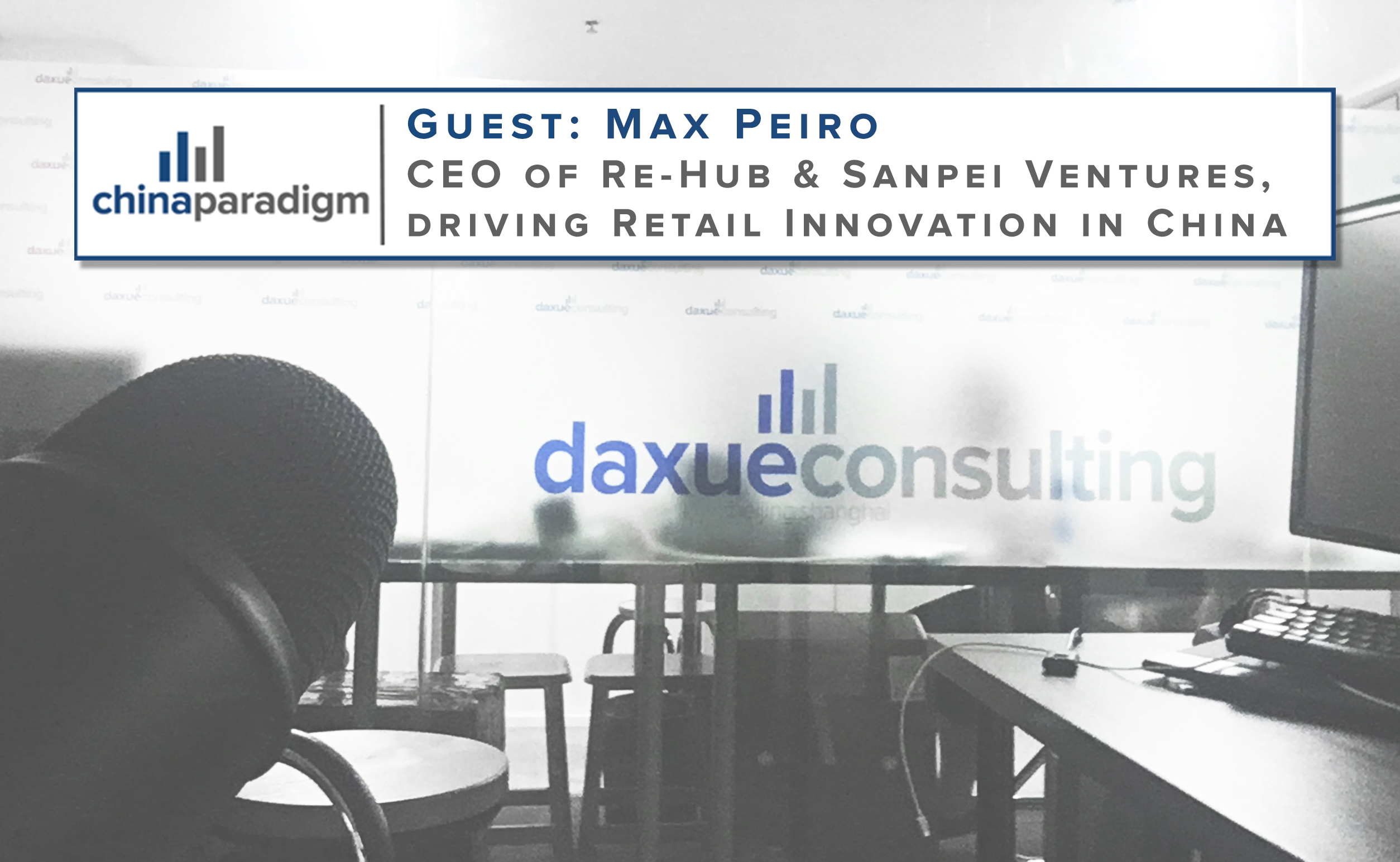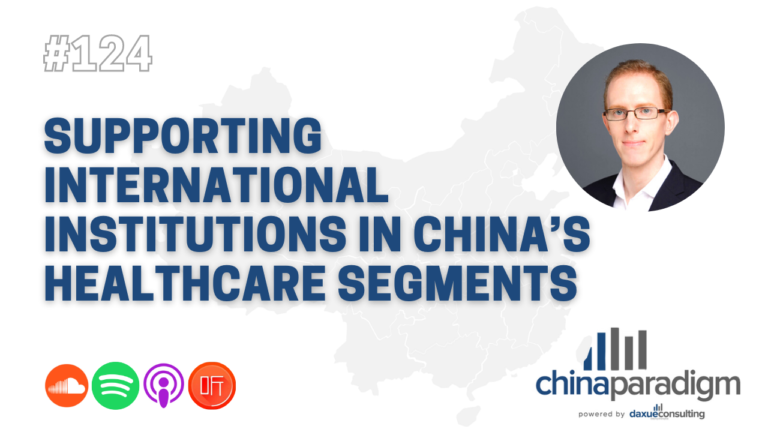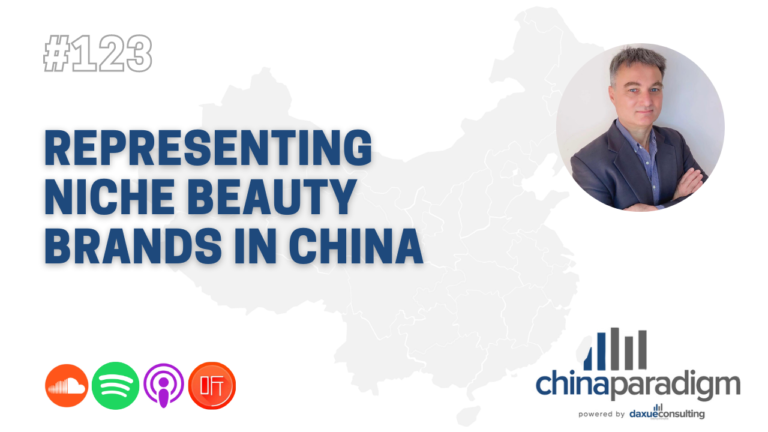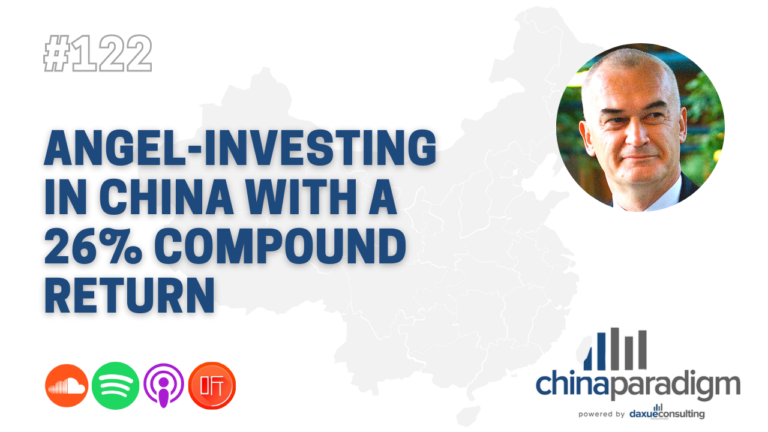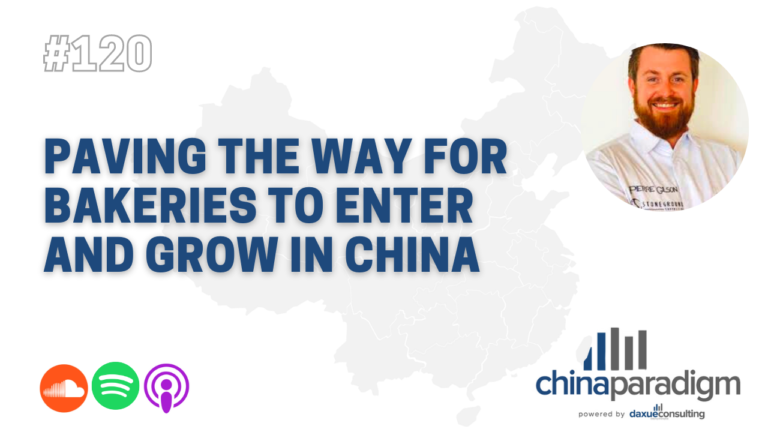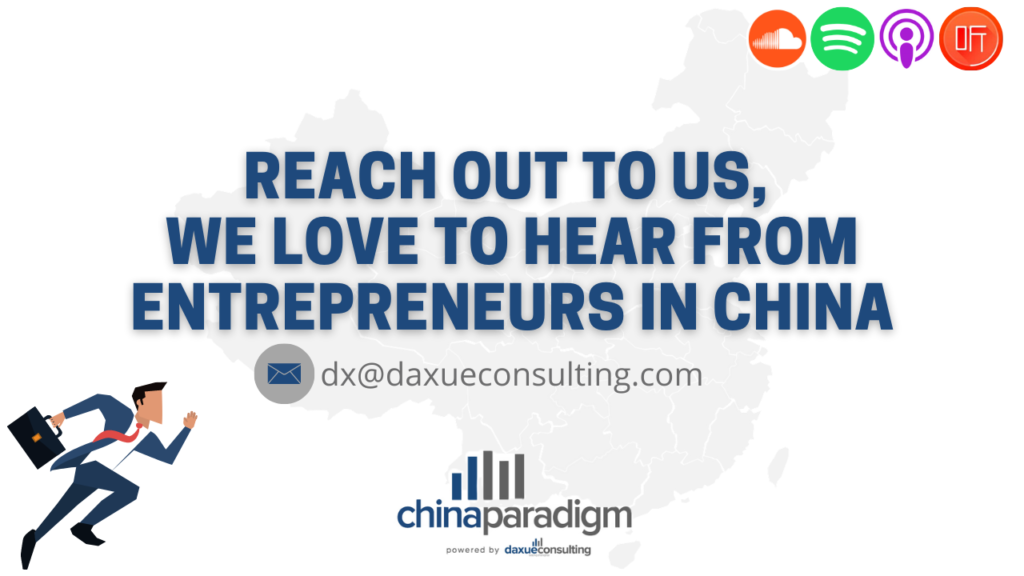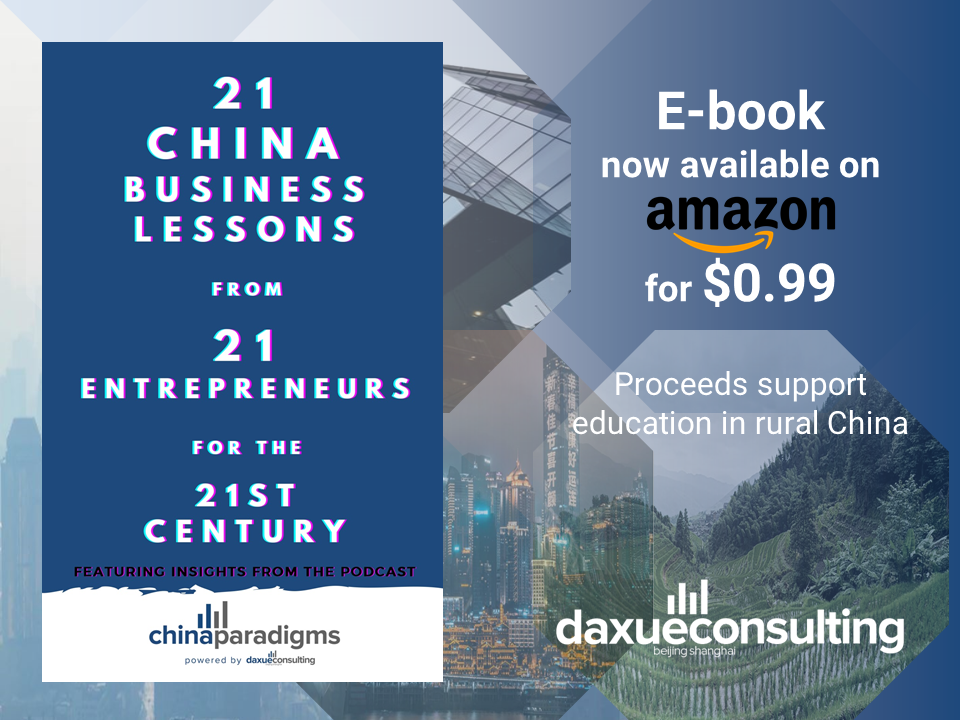China Paradigms interviewed Max Peiro, an experienced entrepreneur and investor in China, to talk about developing overseas technology startups in China, retail innovation in China, and much more.
Max Peiro, the bridge of overseas technology startups and the Chinese retail market
Born and raised in Spain, Max Peiro received his Bachelor of Science in Economics from the University of Barcelona in 2005. After graduation, he worked for some auditing and accounting companies. His entrepreneurship started in 2013 when he brought Beabloo, a Barcelona technology startups, to China and helped this brand receive funding from a giant bank.

Helping Beabloo to enter the Chinese market is a beginning point for Max to understand the Chinese market for foreign technological brands. They have technologies that are tremendous potential in the Chinese retail market.
The retail market in China gradually became mature in 2007 and still is developing at a rapid speed. It could be a challenge for foreign entrepreneurs to enter the Chinese mature retail market, therefore, Max is aiming to find a new segmented market for overseas technology startups in China. Max Peiro is the bridge-person, who has helped many overseas technology startups in China to enter the market. The key to his success in the Chinese market is that he defines such a collaboration process with foreign technology startups as essential for retail innovation in China.
Sanpei Ventures and Re-HUB, to boost and refine the retail innovation in China
Max founded two companies (Sanpei and Re-HUB) to manage overseas technology startups in China.
As for Sanpei, their objective is to identify overseas technology startups which are in the initial stage. However, they do not just do the funding for these companies, they will also provide resources to help them develop the Chinese market. In exchange, they get equity partnership. For instance, when Beabloo came to China at first, Sanpei got a 50/50 revenue share with Beabloo.
“Our value proposition is that we start developing the market for you. And then, when you get your raise or next funding round, you can acquire the business and take over. ”
When Beabloo came to the next funding round, Sanpei sold the contract to investors, that is how the business model works. Max states outright that their business model may not be a new approach, but they are the first ones applied it to the technology industry.
After recognizing the startups, it is time for Re-HUB to come to the stage, it has a brain function. Re-HUB has different services for the selected startups, such as digital optimization and retail transformation, which could help those startups quickly adapt to the Chinese market.

Max considers collaborating with technological startups as the only way leading to retail innovation in China. Advanced technology from other countries could inject vitality into the Chinese retail market.
“Where we are focused on is bringing advanced technologies that are integrated into solutions that make sense in the Chinese market.”
Chinese e-commerce platform review analysis, SaaS solution for the Chinese retail market
As we claimed above, Max is more interested in segmented markets that are not very competitive. Among these niche markets, he is devoted to looking for the most professional startups. The startups they invested in have strengths in 3 following fields: consumer insights and analytics; customer personalization and segmentation; digital optimization.
An example given by Max is an Israeli startup called ‘Reviews’. Max introduced how ‘Reviews’ contributes to Chinese e-commerce platform review analysis. Max compared it with traditional social listening: “the way social listening works is that you predefine keywords, identify them, extract them, and then you understand the context on a manual basis.” Such a social listening approach is applied mainly on Chinese social media, where comments and tweets from netizens are relatively short and simple. Whereas, Chinese e-commerce platform review analysis could be much more complicated:
“When you talk about the battery of a phone, you can talk about the battery lasting very long or you can say that it takes longer to charge. In the second example, you are not mentioning the word, ‘battery’.”
In traditional social listening, such a piece of information could be regarded as not relevant and discarded. However, ‘Reviews’ is able to conduct machine learning and natural language processing to dig into consumers’ insight.
Israeli entrepreneurs in the Chinese market, a win-win solution
Max has developed a strong network of Israeli entrepreneurs in the Chinese market. There are many Israeli entrepreneurs in the Chinese market who are going to foreign countries to develop the market. It is usually necessary for entrepreneurs from tiny countries to have an open mind in the market seeking.
“I think one of the advantages of Israeli entrepreneurs is that they’re extremely open-minded because they have no choice.”
China is a potential market for Israeli technology startups because China’s B2B and B2C markets are currently growing very fast and the government also supports technology innovation. For example, AI is developing rapidly in recent years under the Chinese government’s positive policies. Israeli entrepreneurs in the Chinese market has brought a two-way and win-win cooperation with China:
“I think there is also a growing interest on the Chinese side about Israel and the technology oasis that Israel is in a way.”
We could see more communication between Israeli and China, for instance, some e-commerce giants in China like Alibaba and Tencent have also acquired some Israeli technologies. There is a bright future in the cooperation between these two countries, at the same time, it is a good point for Sanpei and other agencies to capitalize on the opportunities because they are Chinese professionals for overseas technology startups in China.
Listen to this episode here:

